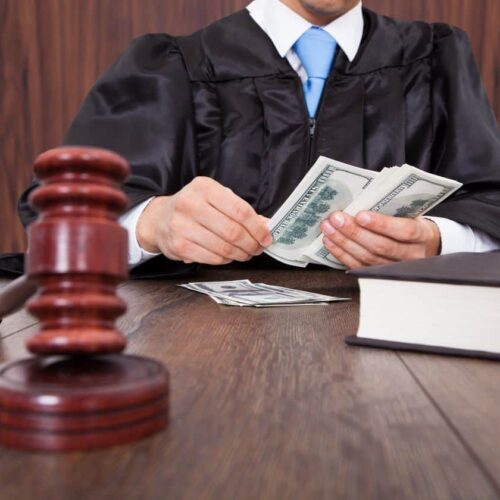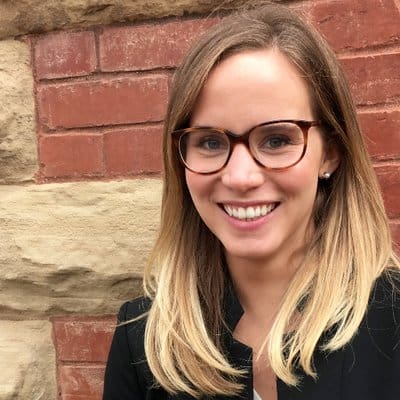Introduction
The U.S. Supreme Court appeared to be divided on Tuesday over whether elected judges should be allowed to directly solicit campaign contributions in the latest campaign finance case to come before the high court.
Central to the case, Williams-Yulee v. The Florida Bar, is the question of whether Florida’s ban on judicial candidates from personally soliciting contributions is a lawful infringement on their free speech rights. If the court strikes down the ban, the decision could upend similar limits in 29 other states.
Proponents of the ban argue it protects the judiciary against quid pro quo exchanges between judges and the lawyers and litigants who donate to their campaigns, then appear before them in court.
Critics suggest that in the 39 states that elect judges, judicial candidates should be given the same free speech protections as candidates for legislative and executive offices where such personal pleas for assistance are standard.
The case stems from the 2009 campaign of Lanell Williams-Yulee, who signed a mass-mailed letter asking for contributions as she sought a county court judgeship. The Florida Supreme Court disciplined her with a reprimand and fine after The Florida Bar argued that her letter violated the state judiciary’s personal solicitation ban.
A majority of the justices seemed to agree that personal solicitations from judges and judicial candidates had a greater impact than financial requests from a separate campaign committee — an argument that may favor limiting what judges can do.
“When the judge says, ‘Can you please [give money to my campaign]?’ the answer is yes,” Justice Stephen Breyer said. “And if it’s the campaign manager, perhaps the answer is ‘no.’”
Representing Williams-Yulee, Andrew Pincus argued Florida’s ban amounted to hairsplitting. Thank-you notes from judges to donors, for example, are permissible.
“Once Florida says thank-you notes are okay, it can’t ban solicitations,” said Pincus.
However Breyer appeared to disagree. Writing a thank-you note, Breyer said, did not “put pressure” on an individual to the same degree as the initial ask for funding.
Pincus argued that Florida’s $1,000 contribution limit to candidates is an adequate protection against the type of corruption that could result from a judge directly asking a donor for money.
On the other side, Barry Richard, arguing for The Florida Bar, said that the Florida ban provides a vital block to the “direct link that threatens quid pro quo corruption,” coercion and judicial impartiality.
Richard said the law did not significantly impede judicial candidates’ First Amendment rights. The only speech restriction judicial candidates face, Richard said, was that the law says: “You can’t say to me, ‘Give me money.’”
Justices Breyer, Elena Kagan, Sonia Sotomayor, and Ruth Bader Ginsburg appeared sympathetic to the state’s efforts to insulate judicial candidates from the influence-peddling faced by candidates for legislative and executive offices.
Justices Samuel Alito, John Roberts and Antonin Scalia appeared sympathetic to the First Amendment arguments presented on behalf of Williams-Yulee. Justice Clarence Thomas, a member of the court’s more conservative-leaning bloc, did not ask any questions during oral arguments.
Roberts said that The Florida Bar was “under a great burden” to make its case without compromising the First Amendment.
Scalia also suggested that if lawyers were among the largest donors to judicial candidates that didn’t necessarily show corruption. Lawyers’ tendency to give in judicial races could show that “lawyers care more about electing good judges than the average citizen.”
Justice Anthony Kennedy, who could become the swing vote, also appeared to support that side.
Though at one point in the proceedings, Kennedy challenged Pincus for conceding to Ginsburg that a rule banning face-to-face solicitations — a more specific prohibition than the Florida code in question — would be valid under the First Amendment.
“It seems to me when you make the initial concession, you have a real problem in determining how to make this not over- or under-inclusive.”
A decision is not expected until spring at the earliest.
Michael Beckel contributed to this story.


Join the conversation
Show Comments